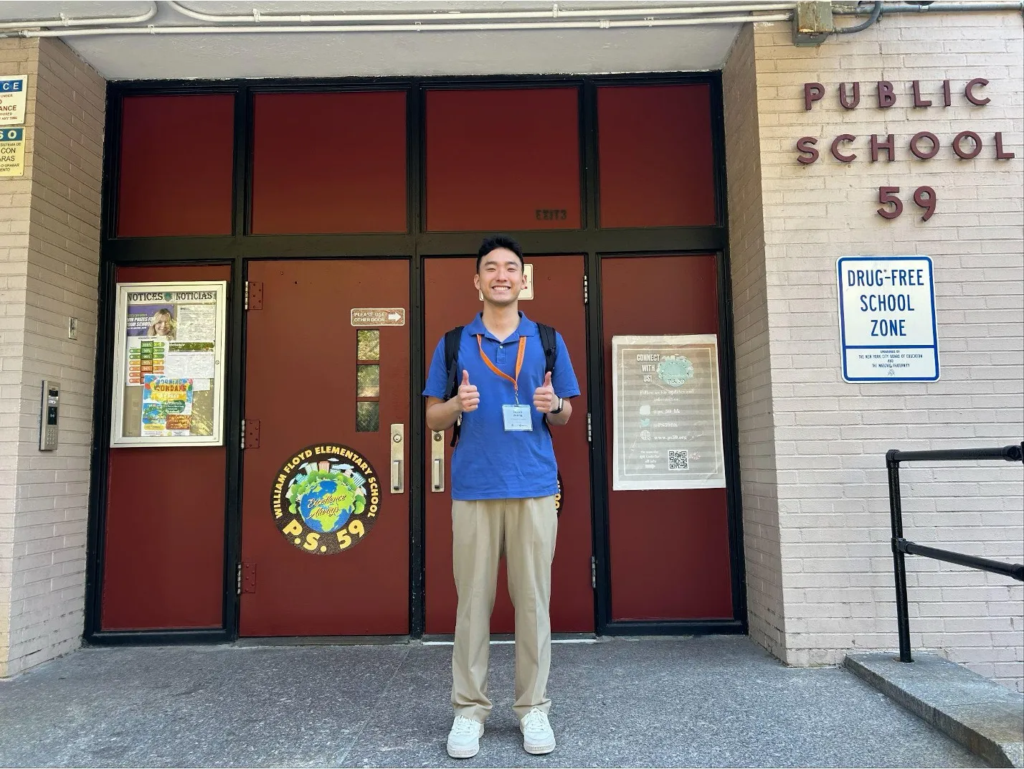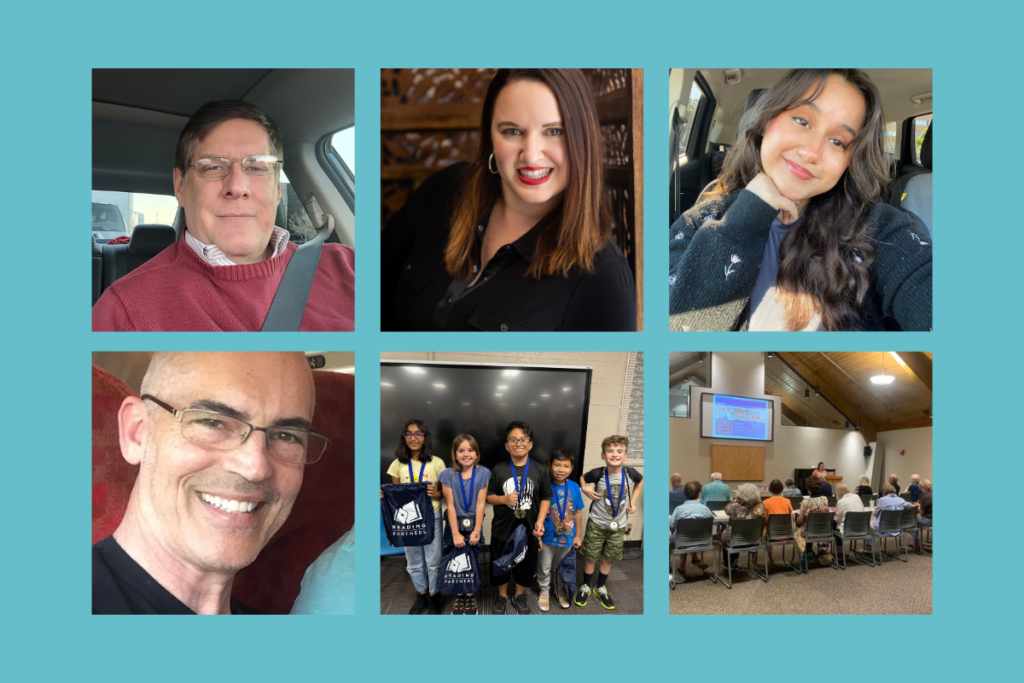
Tulsa Area United Way report shows local kids still hurting from challenges during Covid-19 lockdowns
November 2, 2023
Originally posted on News on 6
The Tulsa Area United Way conducted a study that found declines in four areas for teens and youth – physical health, safety and well-being, mental health, and academic achievement.
TULSA, Okla. – A study from the Tulsa Area United Way uncovered challenges for children here in Tulsa, left over from the lockdowns during the COVID-19 Pandemic.
It’s no secret the pandemic was a hard time for everyone, but one generation saw repercussions that went beyond the lockdowns.
The Tulsa Area United Way conducted a study that found declines in four areas for teens and youth – physical health, safety and well-being, mental health, and academic achievement.
As schools shut down, learning switched to online platforms, but not all students had the same resources.
“One of the things that we saw during COVID, during the pandemic, and since is discrepancies and inequity because not every family has the same access to the same technology,” said Alison Anthony, the President of Tulsa Area United Way.
Some academic professionals also saw children’s hardships and how it affected educators.
“Our teachers and our school leaders were trying everything in their power to make sure students were served, but they were scrambling and learning as fast as everyone else. They were doing the very best they could, but there were just so many challenges that we didn’t predict,” said Reading Partners Executive Director Olivia Martin.
And with children outside of the classroom, other concerns developed.
“When children are remote, we might not notice the signs of child abuse, for example, or domestic violence,” Anthony said.
The lockdowns also resulted in a dramatic increase in emergency room visits for children.
“Since 2019, St. Francis saw an 84% increase in children and youth that came to their emergency room for mental health issues, and Ascension St. John 104% increase,” Anthony read from the report.
Anthony said COVID-19 didn’t create these problems; it intensified them. She said this report can help recognize and reduce them.
“They see us out there raising the money, they hear us out there telling the stories, they don’t know how we do the research and are grounded in data, and so we wanted to share that with the community,” she said.
The Tulsa Area United Way has several resources available for children and families who may face some of these challenges. They include Reading Partners, Parent Child Center of Tulsa, Child Advocacy Network and more. A link to the study can be found here.




